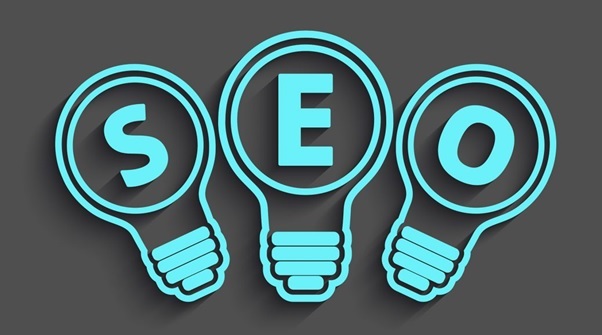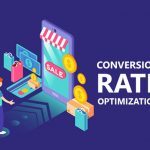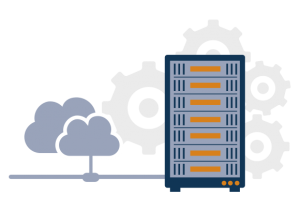
These days, every business wants to find the best ways to market itself to prospective clients. What better way than having a website of your own and using it to promote your business? As soon as you think of a website, you naturally want to attract as many visitors as possible. This is where On-page and Off-page SEO come in. On-page SEO allows you to add original content and customise your site, while Off-page SEO helps you add links and other external references.
In this article, we’ll discuss On-page SEO, which can boost your page rank and potentially increase revenue. It offers a more personalised approach to building a website, as you can not only create your own content but also optimise your site by adding specific keywords in the source codes. This means you have greater control over your website and don’t need to rely on external factors or links to generate traffic. However, there are some pitfalls to avoid when it comes to On-page SEO. Let’s explore some common mistakes and how to prevent them.

1 – Duplicate Content: Managed by Content Management Systems (CMS), your content is accessed and ranked by search engines based on its uniqueness and optimisation. Duplicate content can confuse search engines, as similar content might appear at different addresses, making it difficult for your page to be ranked. Always strive for unique content and avoid using the same content on different landing pages.

2 – Long-tail URLs: URLs with 30-40 characters are believed to perform well. Longer URLs may fail to provide a concise idea of the page the user is about to visit. Although opinions vary on whether long URLs impact SEO, including the primary keyword in your URL is essential.

3 – Low-quality Guest Posts: Google considers low-quality guest blog posting as an SEO malpractice. Providing poor quality content in an attempt to gain higher ranks will only lead to penalties. Focus on creating high-quality content to attract traffic.

4 – Purchasing Links: The dilemma that revolves around the practice of buying backlinks is that it overrides those small and humble websites or blogs that optimise their content with natural SEO. This practice also hurts organic search results. If you are under the radar of Google, the flock of your website with a purchased link will see a significant drop and your push to rank the site higher will also get penalised. This vigilance takes place because even Google’s quality of services and products are at risk. The practice of purchasing unnatural links is majorly considered a sin in SEO because it is utter manipulation for higher ranks. But then the credibility of your content and its rank, both are at stake while jumping on to this shortcut.

5) Over optimisation: Over optimising content with keywords and tags is rampant today. Stuffing it with unwanted and infinite keywords to rank your page higher used to work in the Homo Sapien era. But today, as Google is aware of more and more ill methods brands use to achieve higher ranks, it puts more bars to filter out the fraud. Once you fill the bucket, it’s enough. Do not overfill it to the point where it overflows. This overflow can be an overkill in SEO. Stuffing your content with tonnes of keywords and creating unauthentic backlinks, or in simple words, spamming, is considered to be a black flag in SEO.
To optimise your webpage, focus on creating dynamic content, incorporating visual elements such as images, videos, and animated carousels. You can also use front-end and drag/drop page builders for better optimisation.
Conclusion
In conclusion, while On-page SEO can be a powerful tool for promoting your website, it’s essential to follow good practices and avoid common pitfalls. By doing so, you can achieve your website goals and attract more visitors.



